I have following code in python:
>>> import zipfile
>>> zip = zipfile.ZipFile('abc.zip', 'w')
>>> zip.writestr('myfile', 'This is sample text')
>>> zip.writestr('myfile', 'This is sample text')
>>> zip.close()
This creates an archive with two files having exactly same name and path.
Why is this?
